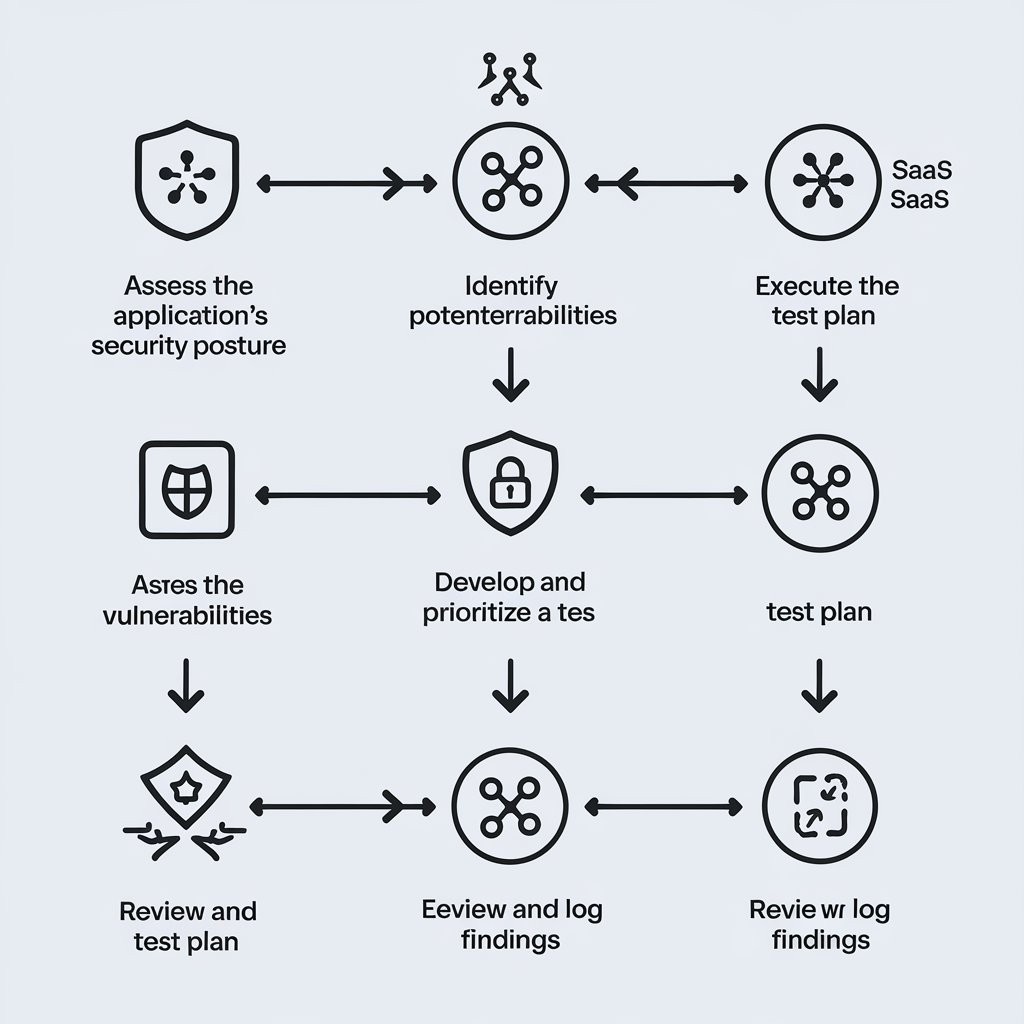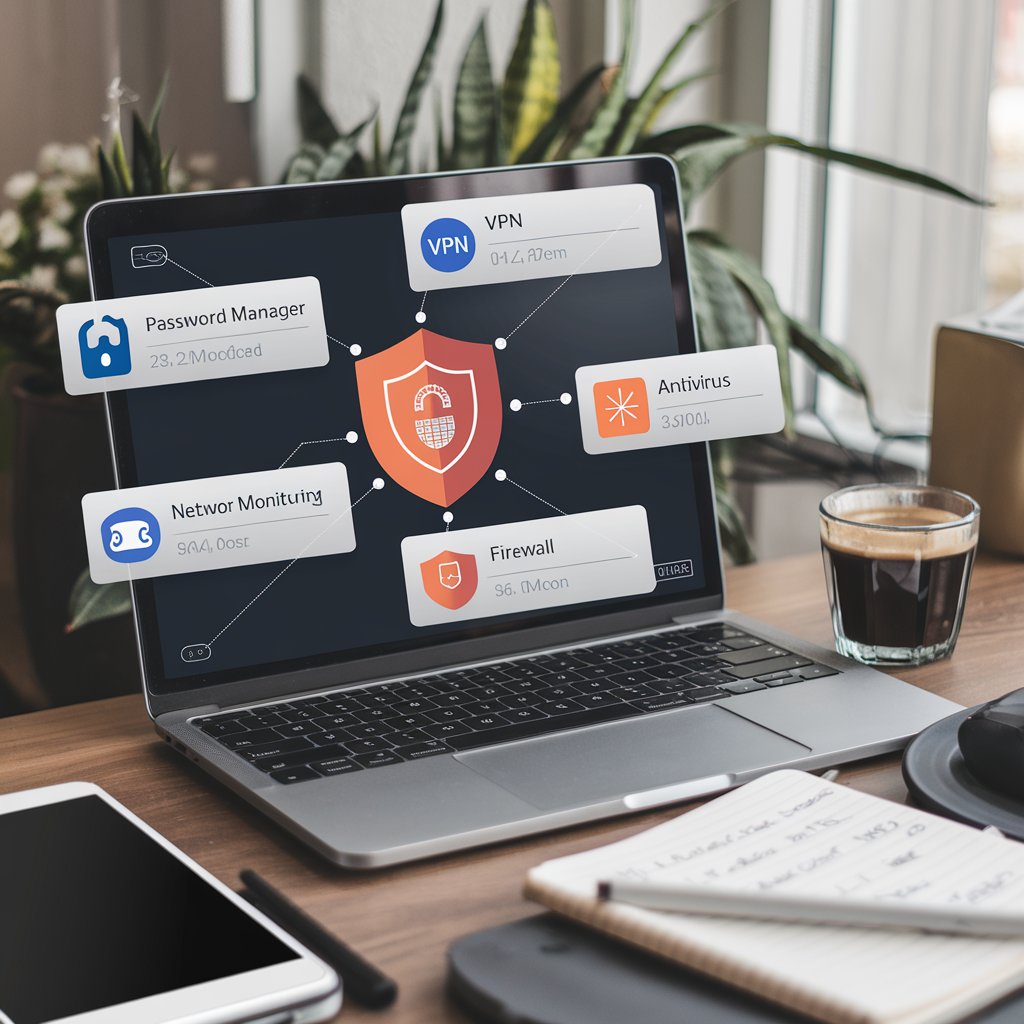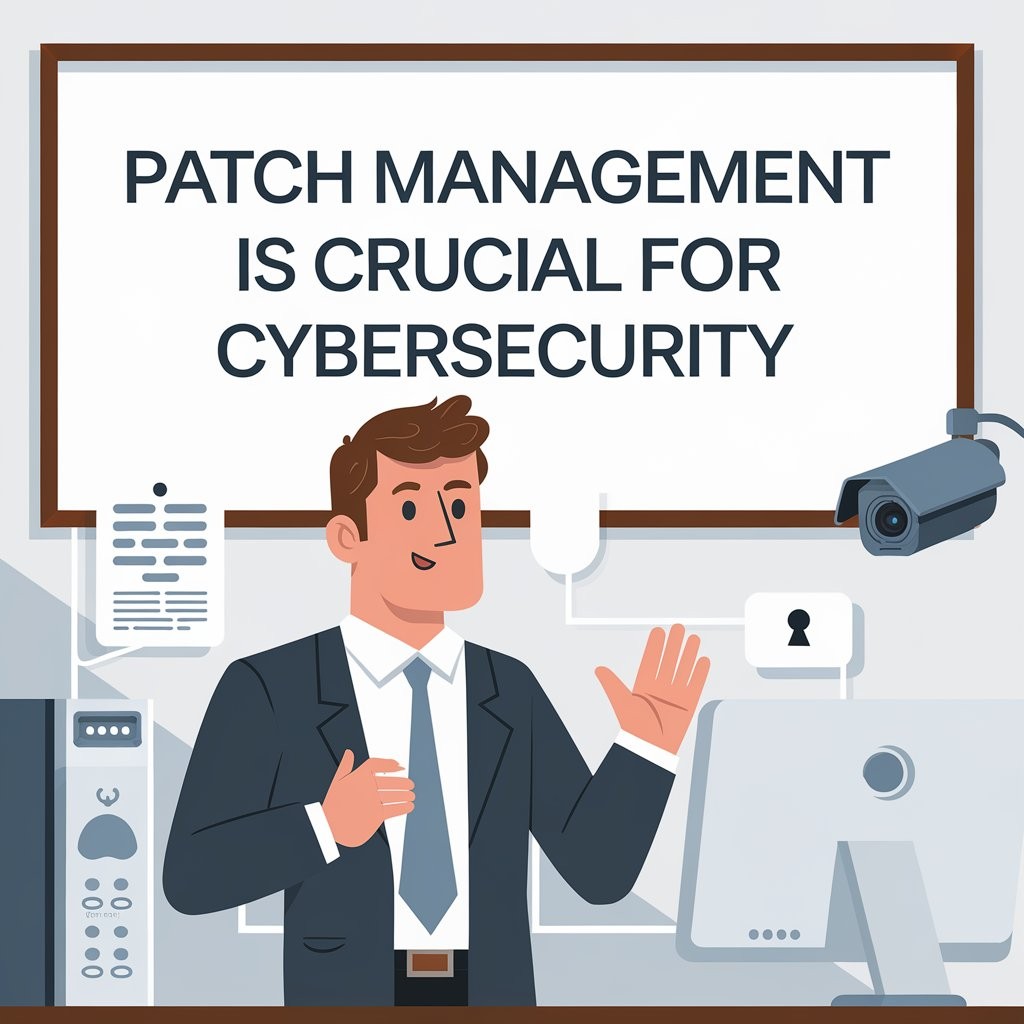UA
10 Min Read
Types of E-commerce Fraud
Payment Fraud
Use of stolen credit card information for unauthorized purchases.
Chargeback fraud, where customers claim refunds for false disputes.
Account Takeover
Cybercriminals gain access to customer accounts using stolen credentials.
Exploitation of accounts to make unauthorized purchases or steal information.
Identity Theft
Creation of fake accounts using stolen personal information.
Use of fake identities for fraudulent transactions.
Phishing Scams
Deceptive emails or messages designed to steal sensitive information.
Promo Abuse
Exploitation of discounts, coupons, or referral programs for financial gain.
Friendly Fraud
Legitimate customers falsely claim that a transaction was unauthorized.
Steps for Fraud Risk Management
1. Implement Advanced Fraud Detection Tools
Use AI-powered fraud detection systems to analyze patterns and flag suspicious activity.
Leverage tools like device fingerprinting, geolocation, and behavioral analytics.
2. Strengthen Payment Security
Adopt PCI DSS-compliant payment gateways.
Enable 3D Secure protocols for added verification.
Tokenize payment data to protect against breaches.
3. Enforce Multi-Factor Authentication (MFA)
Require customers to verify their identity through multiple methods (e.g., SMS codes, biometrics).
Apply MFA for both customer accounts and internal systems.
4. Monitor Transactions in Real-Time
Use real-time monitoring systems to detect anomalies, such as unusual purchasing patterns or high-value orders.
Flag transactions from high-risk regions or blacklisted IP addresses.
5. Educate Customers and Employees
Teach customers to recognize phishing attempts and secure their accounts with strong passwords.
Train employees to spot fraudulent activities and respond appropriately.
6. Regularly Audit and Update Security Measures
Conduct regular security audits to identify vulnerabilities in your e-commerce platform.
Keep systems, software, and plugins updated to protect against known exploits.
7. Employ Chargeback Management Strategies
Maintain detailed transaction records to dispute false chargeback claims effectively.
Use chargeback management solutions to streamline the process.
8. Create a Robust Fraud Policy
Define clear policies for handling suspected fraud.
Establish procedures for investigating and responding to fraudulent transactions.
Best Practices for Fraud Prevention
Identity Verification
Verify customer identities using KYC (Know Your Customer) procedures.
Request additional documentation for high-value or suspicious orders.
Limit High-Risk Transactions
Set purchase limits for new or unverified accounts.
Delay fulfillment of flagged transactions until verified.
Protect Data with Encryption
Encrypt sensitive customer data both in transit and at rest.
Secure your website with HTTPS to protect data exchanges.
Establish a Fraud Response Team
Designate a team to investigate and mitigate fraud incidents.
Use post-incident reviews to improve processes.
Fraud Risk Management Tools
Fraud Detection Platforms: Riskified, Sift, or Signifyd.
Payment Gateways with Built-In Security: Stripe, PayPal, or Adyen.
Behavioral Analytics Tools: BioCatch, ThreatMetrix.
Chargeback Solutions: Chargebacks911, Verifi.
Benefits of Effective Fraud Management
Customer Trust
Protecting customer data fosters loyalty and positive reviews.
Reduced Financial Losses
Proactive measures minimize losses from fraudulent transactions and chargebacks.
Regulatory Compliance
Compliance with data protection laws (e.g., GDPR, CCPA) reduces legal risks.
Business Reputation
Preventing fraud safeguards your brand's reputation in a competitive market.

Conclusion
Fraud risk management is essential for any e-commerce business. By implementing advanced detection tools, strengthening payment security, and educating customers and employees, you can effectively minimize fraud risks. Building a secure and trustworthy platform not only protects your business from financial losses but also fosters long-term customer loyalty in an increasingly digital world. audit3aa
Join our newsletter list
Sign up to get the most recent blog articles in your email every week.
You can copy our materials only after making sure that your services are safe.
This site is protected by reCAPTCHA and the Google Privacy Policy and Terms of Service apply.










